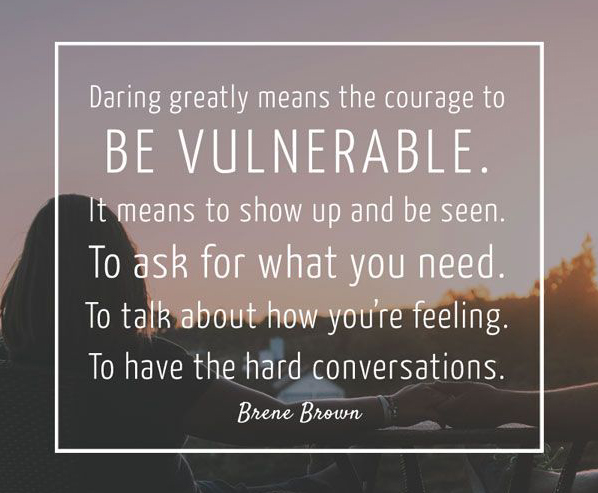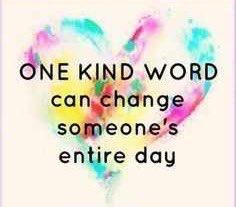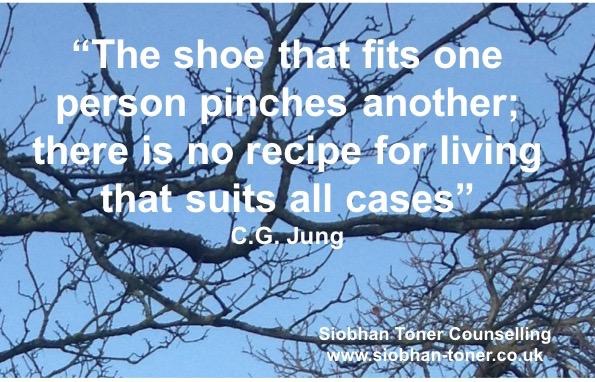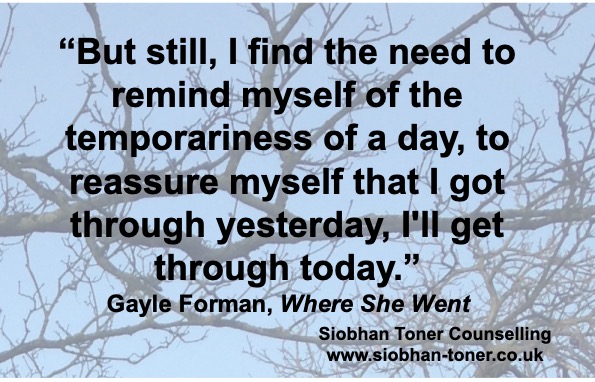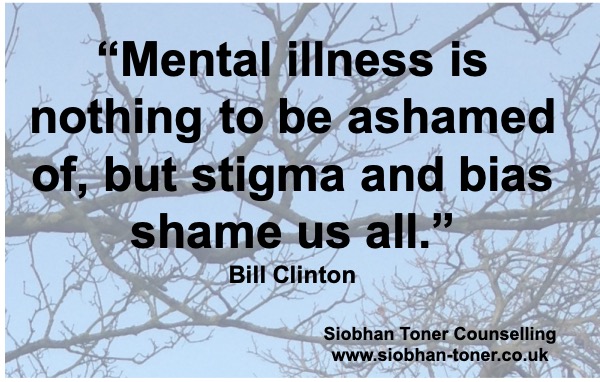Have you every wondered how to choose a counsellor when there are so many to pick from?
If you just start searching, the list is going to be overwhelming as there are a lot of us out there.
Firstly, its worth considering how you want to work. Face to face is what you may be expected but more and more of us now also offer sessions online. This is usually a video chat, but can also be just audio or text based.
If you want to work face to face, I would recommend searching by a location that is convenient for you. Therapy can be difficult and hard work, do you really want to spend a lot of energy travelling as well? Obviously, this will depend on your location.
If you want to work online like I now do exclusively, you will need to search for a counsellor who offers that. You can search for Zoom, but also just search for online counselling or online therapy as there are other platforms that can be used.
You may have a specific issue you want to work on such as bereavement or addiction. Most counsellors advertise a list of issues they have most experience of working on and some may have had additional training and specialised in certain fields such as sex therapy. I have spent many years doing additional study on trauma, family conflict, estrangement and scapegoating as well as traumatic bereavements. These along with my work with young people which in many cases have the same causes are the areas that have become my niche. That will be in addition to experience with other issues such as anxiety.
Do you know what type of counselling you want? It might be useful to compare some of the main types. I would split these in to 3 for ease but there are a lot more.
- Psychodynamic is broadly the media image of counselling in that it is built on Sigmund Freuds work and focus’s a lot of childhood and its impact in the present.
- Person Centred is part of the humanistic group of therapies and was created by Carl Rogers. This is the way I practice and it is based on the here and now. The relationship between the client and counsellor is key and is founded on the idea that the client is the expert in their own stuff while the counsellor is the facilitator providing a safe environment that the client can work in.
- Behavioural Therapies of which CBT is probably the best know work on the principal that thoughts impact feelings which impact behaviour which impact thoughts and so on. By intervening at the thoughts stage and re-enforcing new thoughts then the clients feelings and behaviour will change.
Different clients will be drawn to a style that will suit them in the same way that counsellor’s are. Some therapists will define them as integrative which means they work with two of more different styles. They will usually say which ones they use.
So, you have an idea of where you want to see a counsellor, and the type of counsellor and the specialism if needed and have searched online and still found lots of results. How can you narrow it down?
The next thing that is import is to check that your counsellor is a member of a professional body. There a number of different bodies that the professional standards authority recognises in the UK and it is important that your counsellor is one of these.
I am a registered member of the largest one, the British Association for Counselling and Psychotherapy and you can check I appear on their register here.
But still, after all these checks it is going to be down to something else. While I and a lot of other counsellors try and give you a sense of ourselves in our websites and via our blogs its not always truly possible to express ourselves through that medium.
If you narrow your list down to a few counsellors you might find it helps to contact all of them. See what sort of response you get back and if you can get some time with them on the phone or online for face to face to see if you feel comfortable with them.
I offer a free 30 minute introductory session for this very reason. I understand clients need to check out how we get on. It helps both of us check out your expectations for therapy and if I am able to help you with them.
I know it may all sound quite daunting with lots of what ifs and maybes but it is worth persevering. Once your find your counselling then growth can occur and the sky’s the limit.
